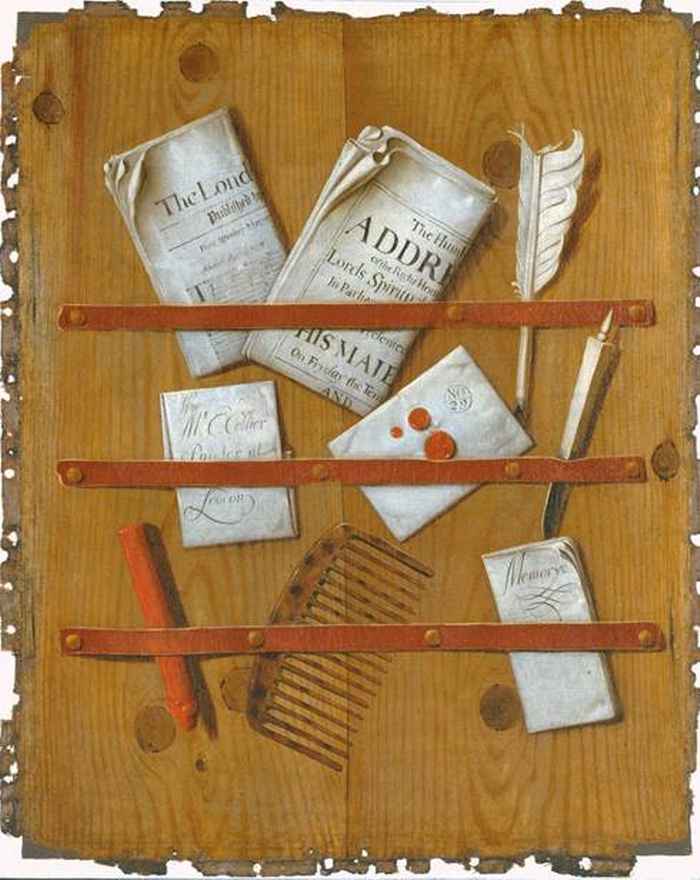Early Modern Troubles
Conflict, Communication and Knowledge in the Early Modern World
Coordinator
Research description
A time of troubles. In many ways conflict was a defining feature of the early modern period, cutting across political, social, religious, and intellectual domains. Warfare, civil unrest, and colonial violence shaped relations within and between states, groups and individuals, but early modern conflict also extended beyond the battlefield. Popular protest like, food riots, was a recurrent form of resistance and negotiation. Ideological and confessional divisions generated intense polemics, persecution, and forced conversions, while the rise of print culture transformed the means by which conflict was communicated and contested. Scientific and cartographic disputes reflected struggles over knowledge, power, and representation, often with global implications. Whether through diplomacy, protest, pamphleteering, migration, or the drawing of maps, early modern men and women were deeply enmeshed in troubles that shaped the trajectories of empires, institutions, ideas, and everyday life.
This research group brings together early modern historians at the UvA and beyond, interested in the driving forces, characteristics and effects of conflict and communication. More specifically, they look at protest and refugees, transnational diplomatic networks, the mobility of texts, images, ideas, and animals, and shifting world views as a result of travel and exchange. It provides an intellectual home to NWO programmes (Vici) as well as various individual projects within ASH.
Activities
The Early Modern Troubles group convenes several times a year to share our own (academic) troubles. The group acts as a regular reading/writing group where we comment on and improve each other’s work in progress. We also expect to contribute to organizing workshops and conferences, and publish articles in scholarly journals as well as monographs and doctoral dissertations. Members of the group will apply for research grants both from NWO and from international funding bodies (ERC, NWO).
Societal impact
The group collaborates with other ASH research groups and centres (in particular ACSEM and ACUH), and a number of institutions, including the Amsterdam Museum and the National Maritime Museum, Amsterdam, and the Humanities Cluster of the Royal Netherlands Academy of Arts and Sciences.
